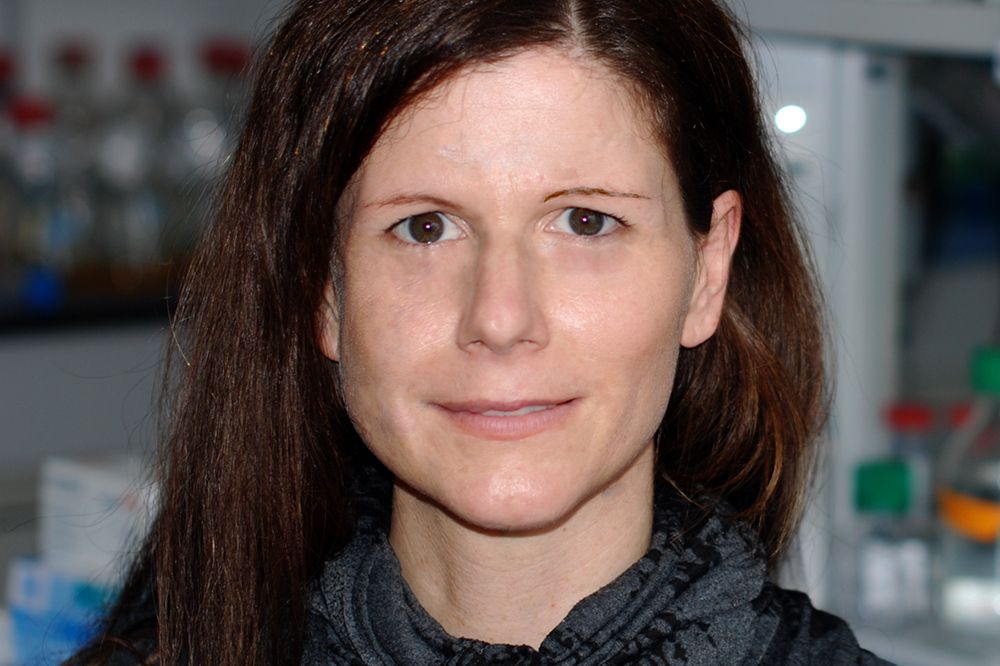
(Vienna, 18 March 2021) Under the SARS-CoV-2 emergency funding programme, the Austrian Science Fund FWF is providing financial support to researchers studying the coronavirus pandemic and its consequences. Over the past few months, it has already funded 19 research teams as part of its SARS-CoV-2 emergency funding programme and a further four FWF-backed teams have just been added to this list. These include Alice Assinger from MedUni Vienna. She is researching more effective methods for predicting the course of COVID-19.
In the past few months, the Austrian Science Fund has already funded 19 research teams as part of its SARS-CoV-2 emergency funding programme and a further four FWF-backed teams have just been added to this list: natural scientist Alice Assinger from the Medical University of Vienna, microbiologist Andreas Bergthaler from CeMM Research Center for Molecular Medicine of the Austrian Academy of Sciences, educational scientist Oliver Koenig from Bertha von Suttner Private University St. Pölten and family sociologist Ulrike Zartler from the University of Vienna.
Better prognosis of COVID-19 courses
Alice Assinger from the Institute of Vascular Biology and Thrombosis Research of the Medical University of Vienna's Center for Physiology and Pharmacology is researching more effective methods for predicting the course of COVID-19. Her findings are helping to improve patient care and to ease the burden on the healthcare system.
The COVID-19 pandemic has presented the healthcare system with a complex challenge. There is an urgent need for biomarkers and diagnostics to allow an individual assessment of risk of severe disease, in order to provide better patient care. Since the start of the pandemic, natural scientist Alice Assinger has been looking for new biomarkers and is working closely with Klinik Favoriten, the Medical University of Innsbruck, Johannes Kepler University Linz and Karolinska University Hospital in Sweden.
The FWF emergency funding will enable Alice Assinger to go a step further and investigate circulating microRNAs as alternative biomarkers for the prediction of disease course. These can be obtained from just a few drops of blood and are already used to diagnose other diseases, even though their role in COVID-19 is not yet fully understood. This project should provide clarity about which microRNAs are modified in severe COVID-19, thereby providing more in-depth insights into the individual disease process. Reliable prognosis of disease progression could contribute to personalised medical care and ease the burden on the healthcare system.
Basic research helps to manage the pandemic more effectively
Since the start of the pandemic, 205 researchers have submitted funding applications to the Austrian Science Fund's coronavirus emergency funding programme, representing total funding of 68 million euros. So far, 23 of these projects have been approved by virtue of their scientific excellence.